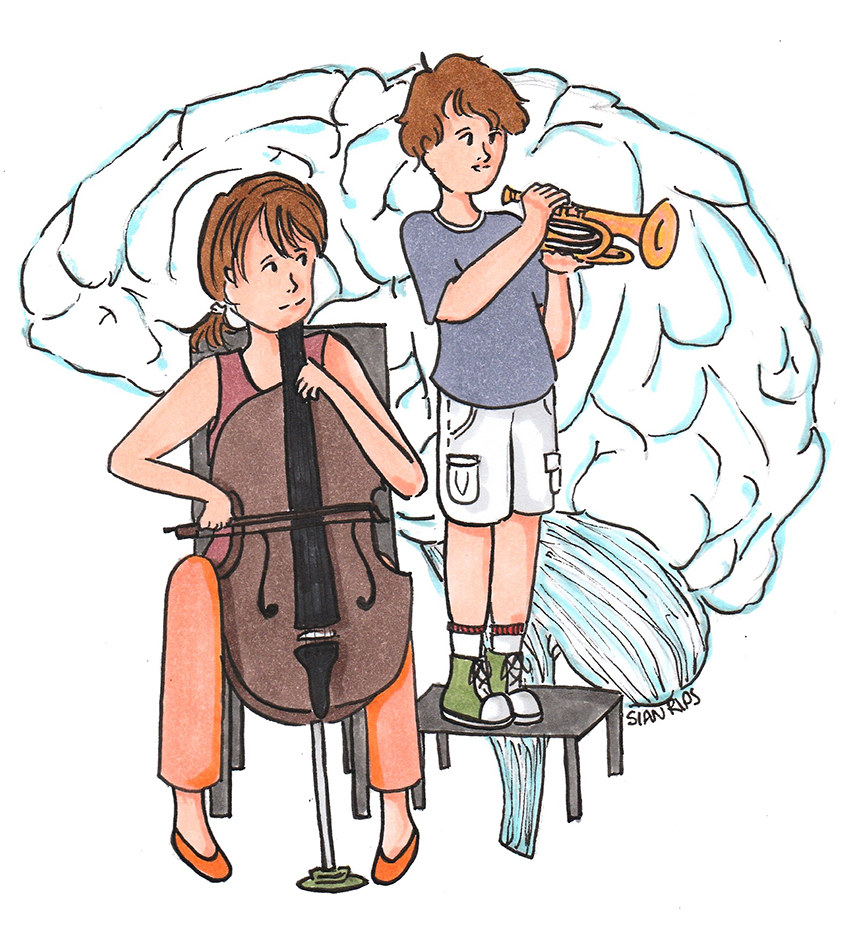Evan Williams, a Butler School of Music alumnus, recently earned a prized position with the National Symphony Orchestra in Washington, D.C.
Williams’ audition for the National Symphony took place over three days. He estimated the symphony invited about 200 people to audition the first day, but only 10 musicians advanced to the second day of auditions. Eventually, the orchestra whittled down its selection to Williams and one other musician.
“(In the final round of auditions), they had us play a ton,” Williams said. “I think I was on stage for 30 or 45 minutes. … The music director actually came up and conducted us a little bit and talked about what they wanted to change. … I guess I did a good job. I guess they liked me.”
Williams’ musical career began in sixth grade; he then planned on becoming a school band director. Williams attended UT for graduate school and later his doctorate degree where he was mentored by music professor Nathaniel Brickens. Williams previously served as principal trombone in the Central Texas Philharmonic and later the Richmond Symphony.
“Evan is a generational talent,” Brickens said. “He came (to UT) with a beautiful sound and just great technique and flawless intonation.”
Williams described his playing style as “chameleon” — though his go-to song is Tommy Dorsey’s “I’m Getting Sentimental over You” — because his new role allows him to play a variety of genres including orchestral work, pop and kids’ shows.
Tim Maines, a fellow Butler alumnus and social media influencer, said that a role with the National Symphony is “one of the most competitive roles that you can aspire to achieve” as a musician.
“(Williams) definitely inspired me a lot and definitely was a good influence in a lot of ways,” Maines said. “(He was) someone who pushed me to be better and … (took) me under his wing.”
Despite the raw talent Williams brought with him to UT, Brickens said Williams’ work ethic brought him to the next level.
“You’d find Evan there practicing,” Brickens said, recalling holidays, weekends and late evenings when the music building was practically empty. “He always paid lots of attention to the details, things that other people … (did) not want to work on. It really paid off for him.”














